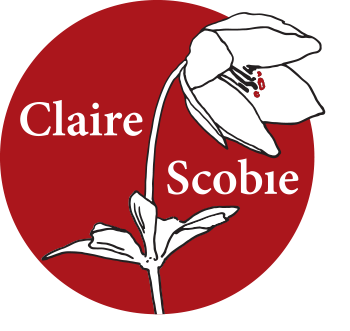20 Dec Last seen … ditching the research
 In my workshops people often ask, ‘how much research should I do and should I do it before I travel, or when I get back?’
In my workshops people often ask, ‘how much research should I do and should I do it before I travel, or when I get back?’
Some authors spend several years learning the language and reading about the place before going. Others like to know very little and learn ‘on the hoof’. This approach usually makes the writing impressionistic and personal. (A note here: these days publishers seem to be looking for the more authoritative work that penetrates under the skin of a country.)
If you do dig like a journalist, start with the internet, guidebooks and other travel narratives, before trying the library. Cast your net wide and follow unusual leads. As you research, make lists of possible themes, places and subjects you’ll want to explore. If it’s for a travel article, you only need 3 or 4 topics. If it’s for a book, build up separate files for each area or chapter, both in a filing cabinet and on the computer.
I also find mind maps help at seeing how different subjects relate to each other. We don’t live linear lives and writing is often circular, so use mind maps to stimulate new ideas. They can be helpful at all stages of the writing process and in planning your journey.
I love the research part of any writing project. I have to curb my natural desire to wander down every unmarked street and read books only randomly connected to a place. I went to Tibet seven times before I felt satisfied that I understood the country enough to write about it in Last Seen in Lhasa. Some might call this obsessive. (My family and friends certainly did!)
So when I came to write my manuscript, I wanted to fit it all in, show off my knowledge and give space to everything I found interesting. A former literary agent in the UK gave me some sound advice. She said in most books only 10%—yes I’ll repeat that, 10%—of all research should end up in the final book. I didn’t believe her as I sat down to write my first draft, but by the time it was ready to go to print, I knew she was spot on.
I’m now wallowing in research for my current book and training myself to turf it out as I go. I assure you it’s much quicker.
American writer, Edie Meidav in Now Write, puts it another way: ‘Too much research beforehand… may also be a sophisticated form of procrastination.’
So over to you, to research or not to research?
